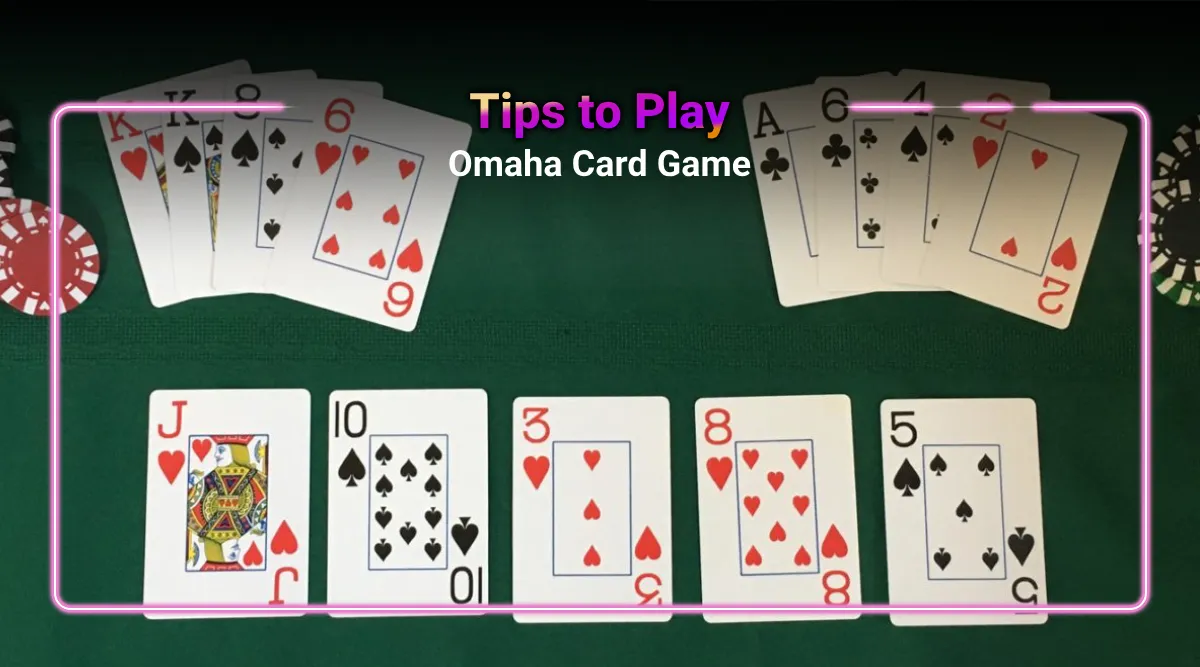
With its intriguing complexity and dynamic play, the Omaha card game stands as a cornerstone of the casino games of cards. Evolving from the classic Texas Hold’em, the game has etched its place in the hearts of card game aficionados due to its unique blend of strategy and skill. Unlike the straightforward play of traditional poker games, Omaha offers a richer palette of possibilities.
The birth of Omaha poker traces back to the 1980s, a period that witnessed a revolution in casino games, with players seeking variety and new forms of excitement. The relevance of the Omaha card game in the casino realm cannot be overstated. It’s not just a game; it’s a test of wit, patience, and strategy, appealing strongly to players who relish in the intellectual combat of card games.
Omaha Card Game: Essential Aspects
Omaha poker begins with the deal, where each player receives four hole cards, setting the stage for the strategic battle that ensues. Preceding the deal, the blinds—mandatory bets to initiate the action—ensure that there’s always something to play for in every hand, fostering a competitive atmosphere from the start.
The game unfolds over four betting rounds: pre-flop, flop, turn, and river. Each phase introduces new community cards (the flop with three cards, the turn with one, and the river with another one) and a fresh round of betting as the hand progresses. Players must navigate these waters with both caution and aggression, leveraging their cards and the community cards to assert their dominance.
The climax of Omaha poker is the showdown, where players reveal their hands. The crux of winning lies in the strategic selection and combination of hole cards with the community cards to construct the strongest possible hand. Omaha’s hand rankings mirror those of traditional poker but demand a more complex understanding due to the game’s unique rules. Players must adeptly navigate these nuances to craft winning strategies and outmaneuver their opponents.













